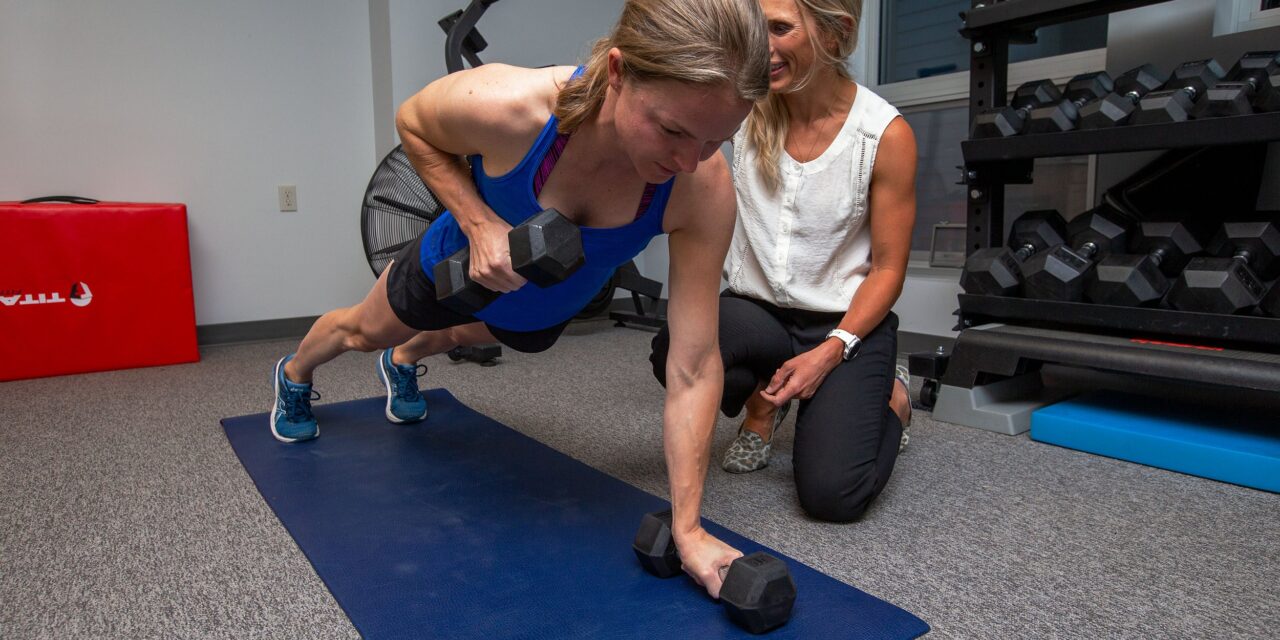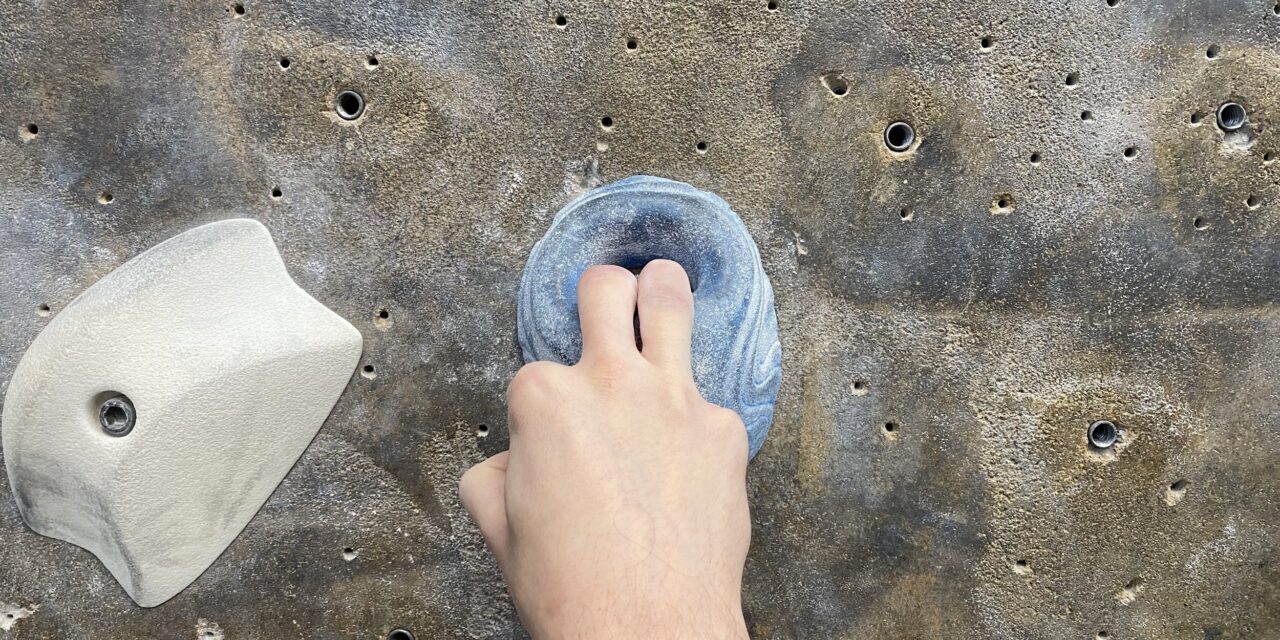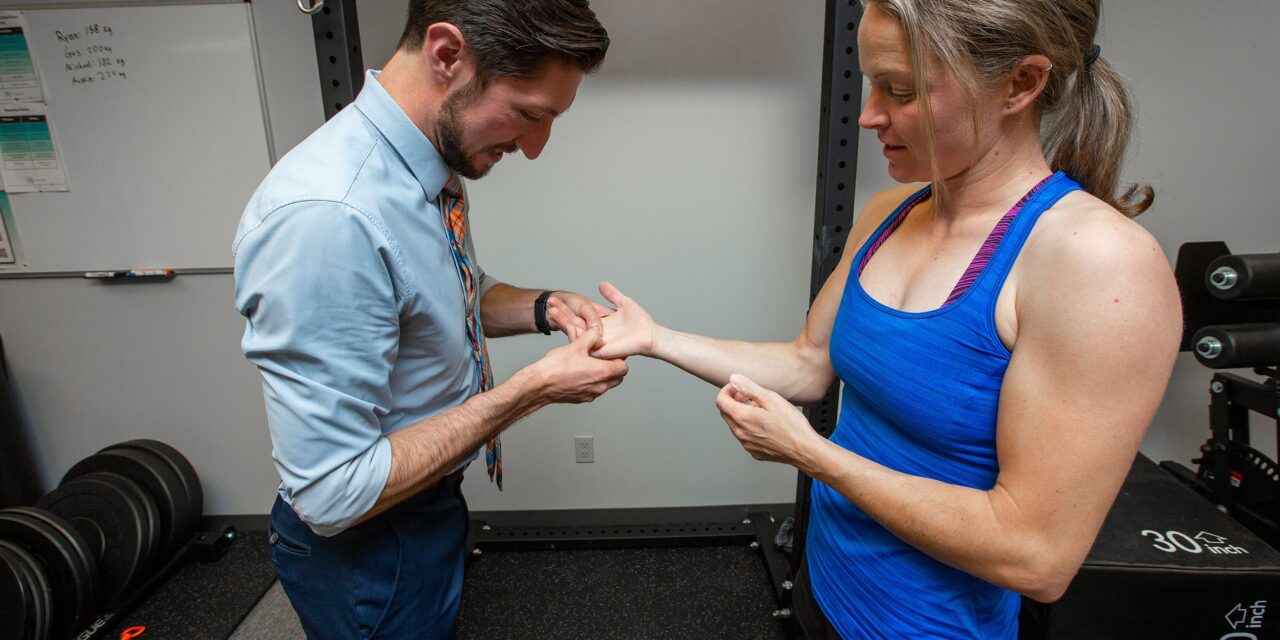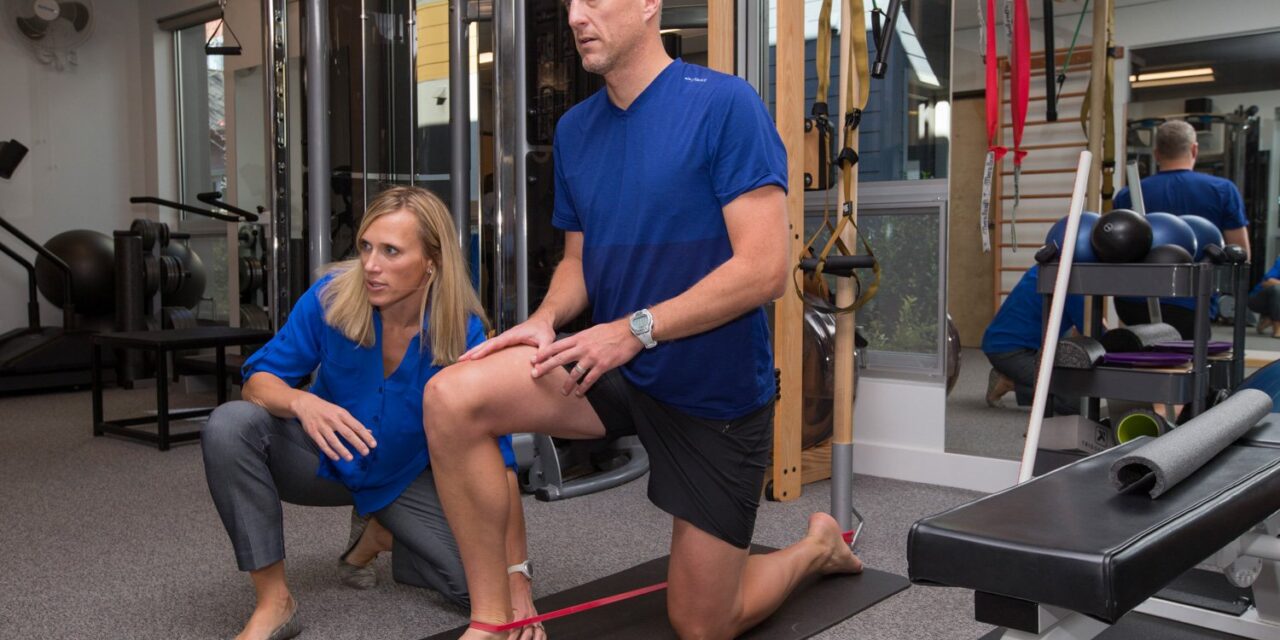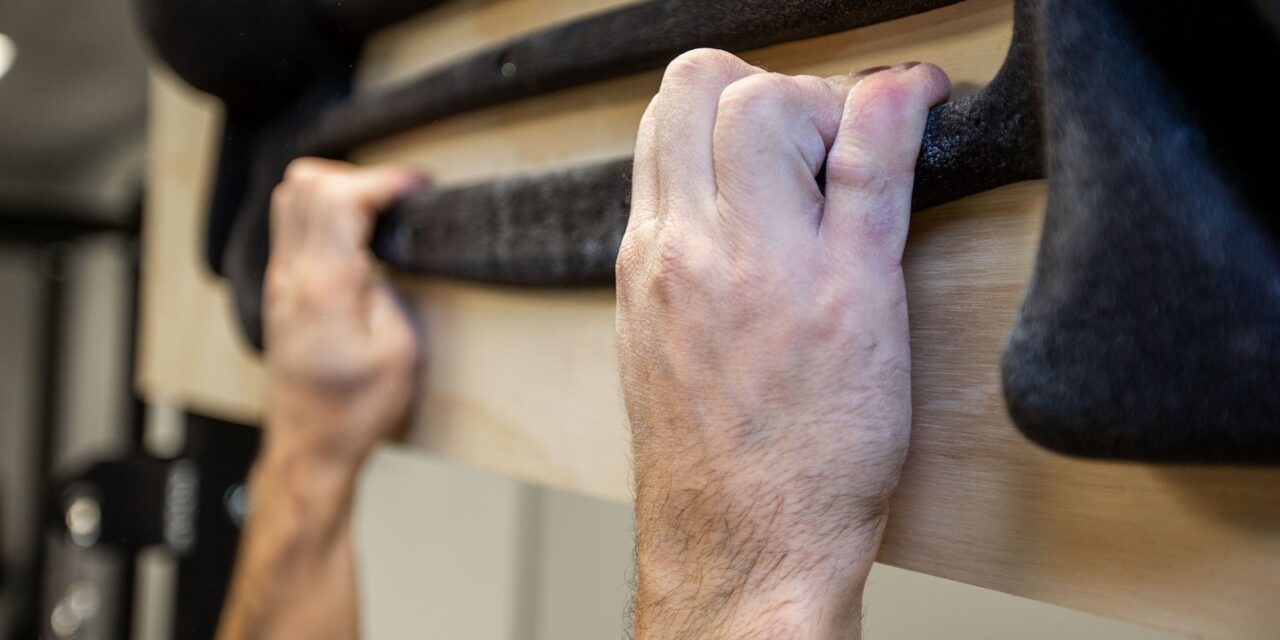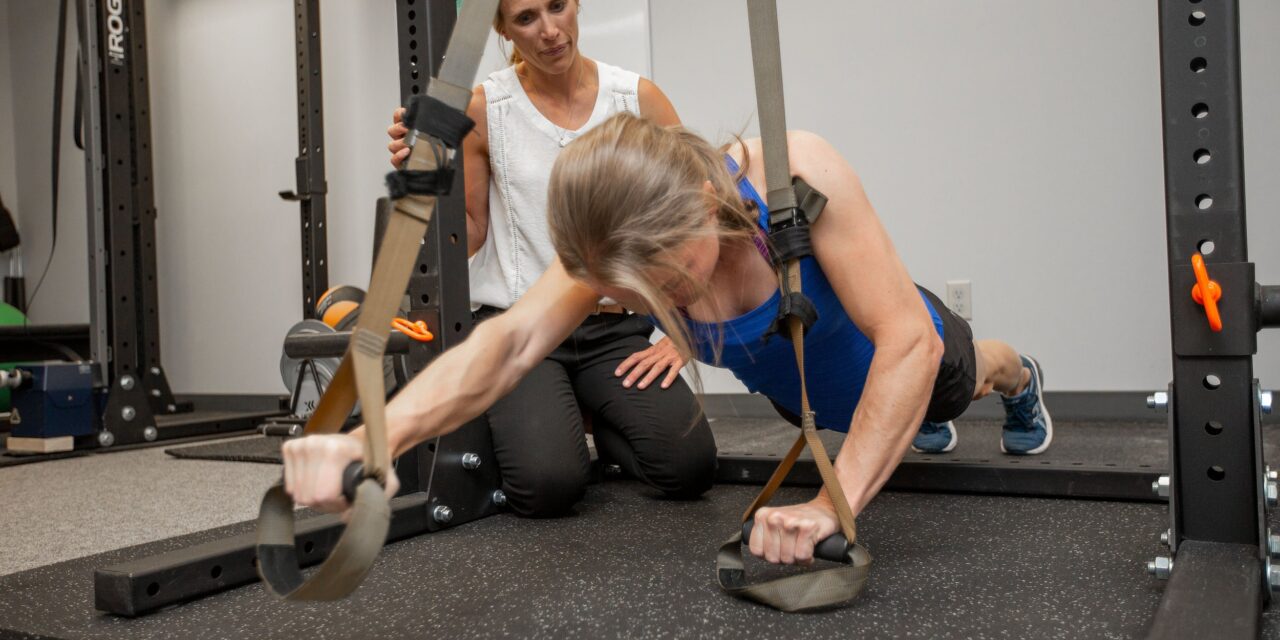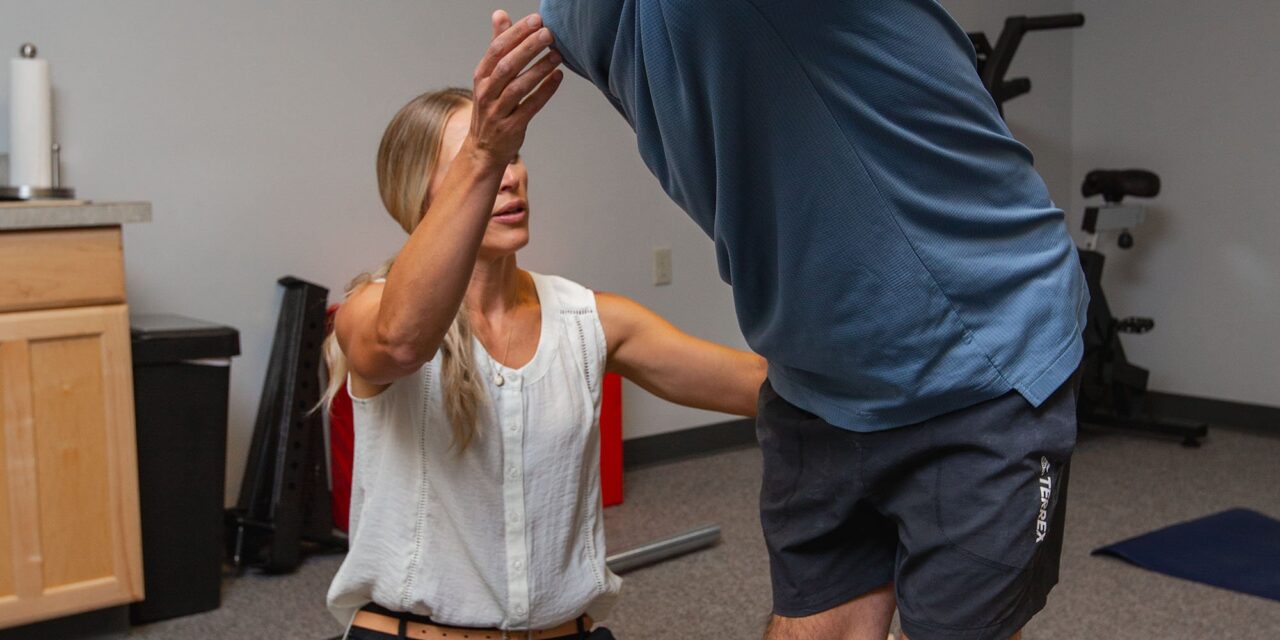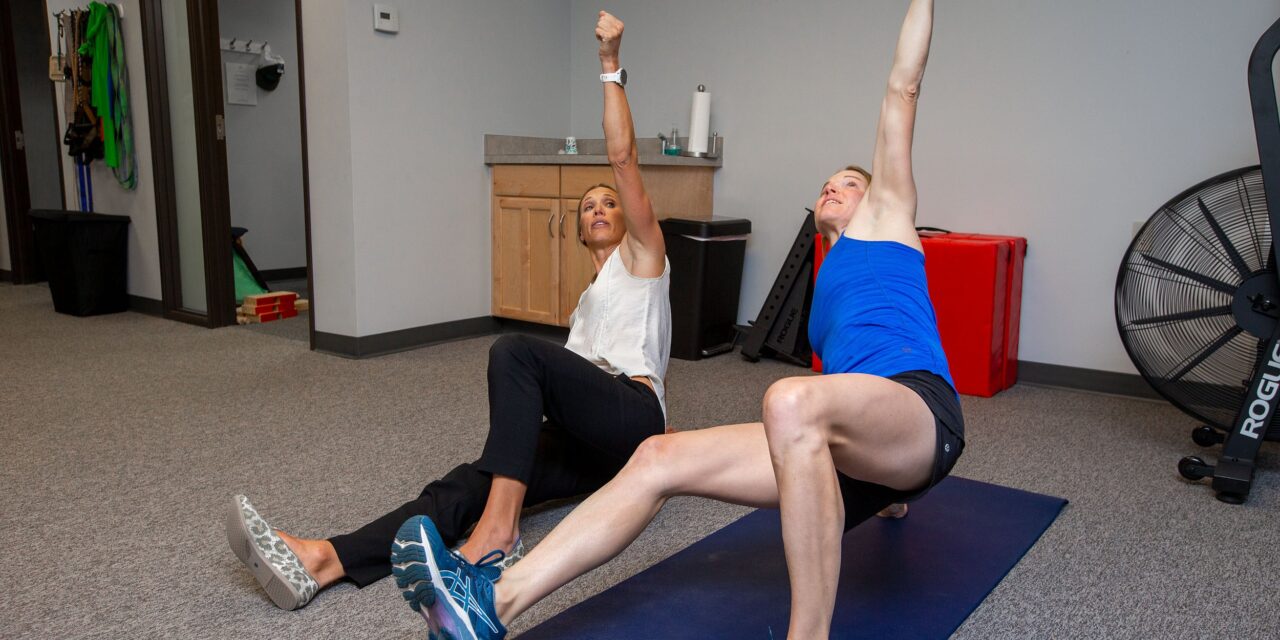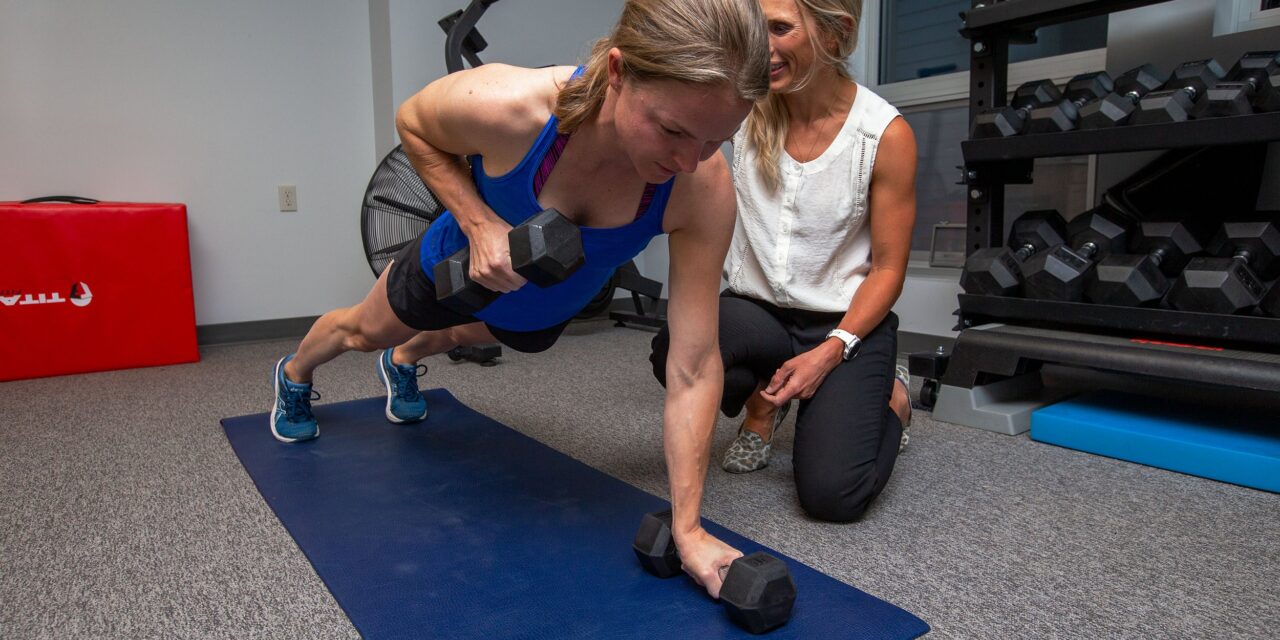As climbers, we know that finger strength and endurance are key factors in our performance on the wall. That’s why it’s essential to stay informed about the latest research on the finger pulley system—the intricate network of tendons and ligaments that support our finger joints. In this article, we will explore the findings of a...
Strength training is not utilized by rock climbers enough! While many people assume that strength training is only for building muscle, showing off the biceps, and being able to campus better, there are numerous additional benefits that directly carry over into improving your climbing performance. In this article, we will explore the various benefits of...
Lumbrical Strains in Rock Climbers: How They Happen and How They Can Be Treated with Physical Therapy for Fingers
March 27, 2023
Climbing is a demanding sport that requires exceptional grip strength and finger dexterity. Because of this, climbers are at risk of developing finger injuries, including lumbrical strains, which can significantly affect their climbing ability. In this article, we will explore the biomechanics of lumbrical strain in climbing, its etiology, and management strategies. The lumbricals are...
Carpal tunnel syndrome is common among rock climbers due to the repetitive stress that climbers put on their wrists and forearm muscles. This can lead to loss of strength in the hand, difficulty feeling the holds under your fingers, and significantly impact your climbing. Carpal tunnel syndrome or the entrapment of the medial nerve at...
Ankle sprains are the most common traumatic injuries among rock climbers (Jones et al, 2016) and are one of the most common injuries in the lower quarter affecting with an estimated 2 million cases occurring each year in the U.S. These injuries most commonly occur when landing from falling or jumping off a boulder. Manual...
Which fingers get loaded the most while climbing?
December 20, 2022
The fingers undergo a tremendous amount of force while rock climbing, particularly when crimping. But which fingers take the most force? A study by Vigouroux and colleagues used a biomechanical model to analyze the forces exerted on the fingers of climbers while they were attempting to exert maximal four-finger force in a crimp grip. The...
Plyometric exercises for rock climbers: the missing key in upper body rehabilitation
December 20, 2022
Plyometrics are a type of exercise that involve explosive, high-intensity movements and are often used in sports training and rehabilitation programs for many types of overhead athletes, but not often enough for rock climbers. They can be an effective way to improve muscle power, speed, and coordination, and can be especially useful in helping athletes...
How Rock Climbers Can Get Relief for Hip Pain
November 9, 2022
Femoroacetabular impingement (aka: FAI, hip impingement) is a common condition experienced by many rock climbers. It is characterized by pain to the front of the hip or groin, experienced when the climber moves their hip toward the end of its range of motion. The most common ways you will experience pain from hip impingement: Lifting...
Meniscus Tear Physical Therapy for Rock Climbers
November 6, 2022
The movements inherent to rock climbing can put significant stress on the meniscus. High-stepping, heel hooking, drop-knees, and planting/twisting can make the knee susceptible to meniscus tears. Both traumatic and degenerative meniscus tears are common among climbers, but there is excellent evidence showing that conservative treatment should be the first line of treatment in the...
What is the pelvic floor doing while I climb? Should I do kegels? Can I climb while pregnant? “In the end, climbing was one of the only things my body felt good doing for the entirety of my pregnancy, and I climbed throughout, enjoying my final pregnant climbing session just 12 hours before going into...

